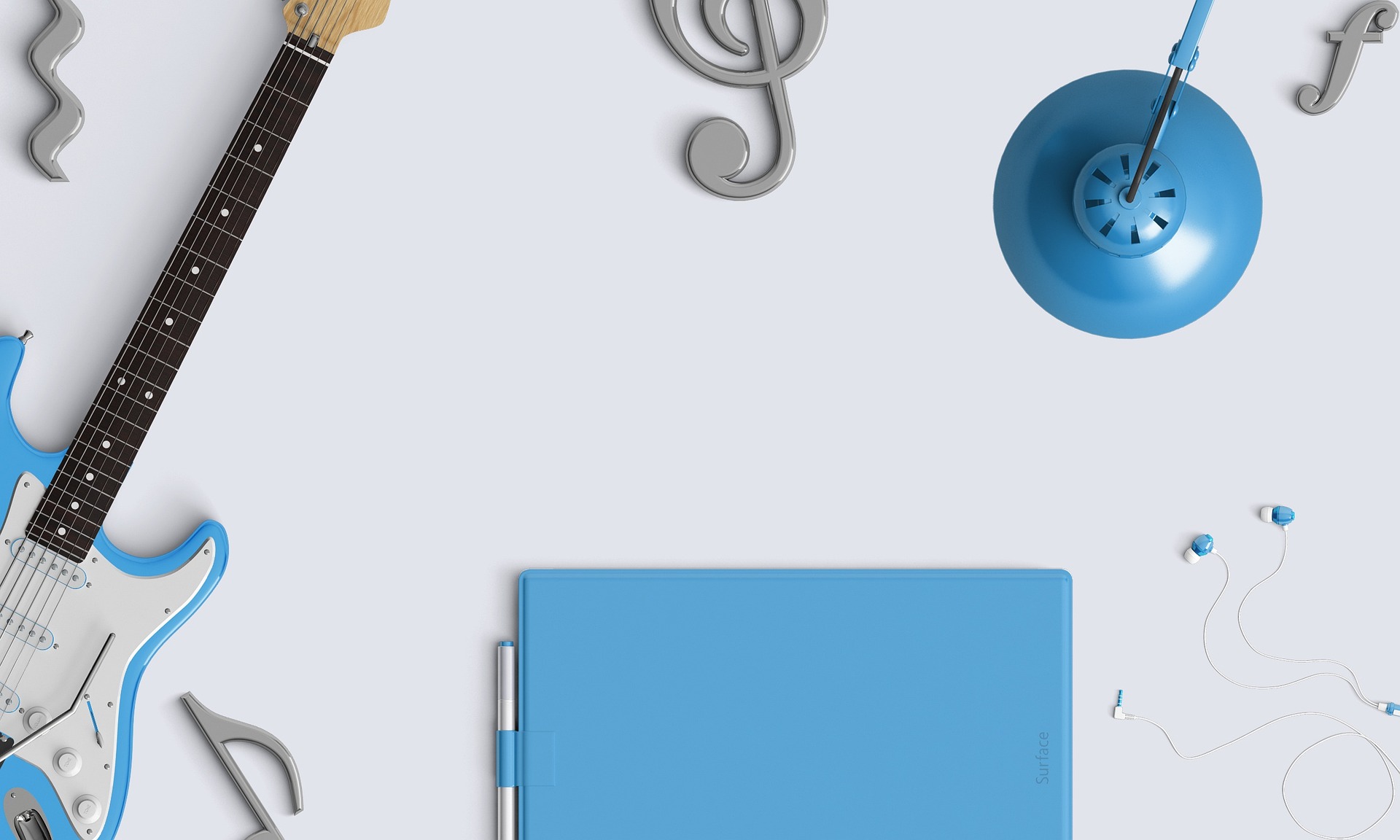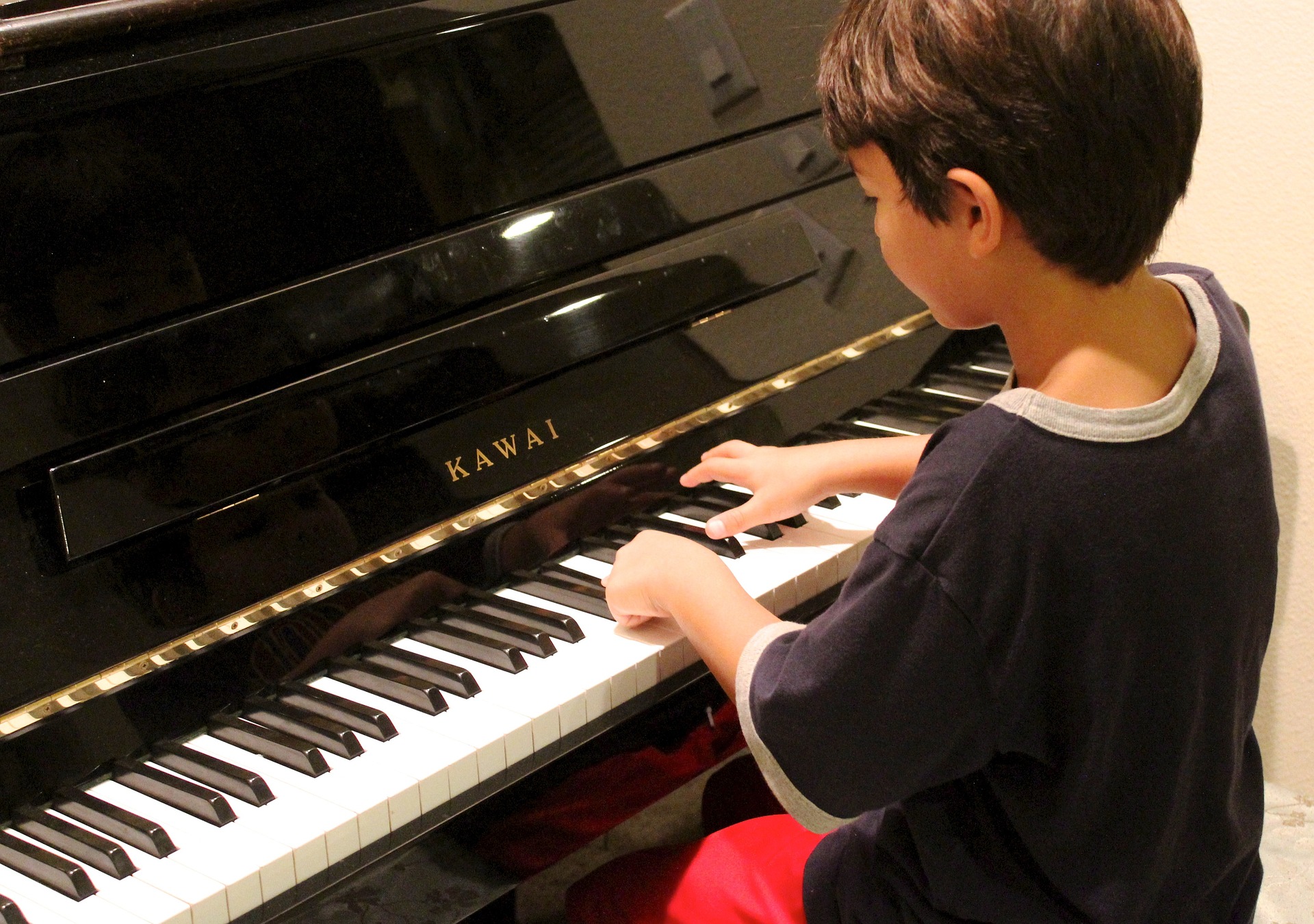BLOG
Must-see! Three points to improve the reproducibility of instrumental performances
Sep 5, 2023

Instrumental performance is not only about technique and expressiveness, but also about reproducibility. Reproducibility is the ability to perform at a consistent level at any given time and under any given conditions.
When reproducibility is high, not only can you play with confidence, but you can also give your audience a consistent impression of your performance. So what can you do to improve the reproducibility of your instrumental playing?
Here are three pointers, assuming you are playing a popular instrument such as piano, guitar, or violin.
1. Correct posture and breathing
Posture and breathing are fundamental to playing a musical instrument. Poor posture places unnecessary strain on muscles and joints, which can cause fatigue and pain.
In addition, shallow breathing leads to a lack of oxygen in the bloodstream, which can impair concentration and judgment. Correct posture and breathing allow the body to maximize its physical and information-processing abilities.
Correct posture and breathing varies from instrument to instrument. For example, on the piano, the back should be straight and both feet should be stable on the floor. On the guitar, the chest should be upright and shoulder-width apart with the shoulder blades tucked in.
On the violin, relax the neck and shoulders to relieve tension. Breathe deeply and slowly and do not hold your breath.
These postures and breathing should be imitated from a textbook or teacher's example.
2. Repetitive practice and feedback
Playing a musical instrument improves through repetitive practice. Repetitive practice helps the brain and muscles to remember.
When practicing repetitions, start with basic elements such as rhythm and pitch. Also, gradually increase the difficulty and speed.
Repetition alone is not enough. It is also necessary to obtain objective feedback on your playing.
Feedback can be obtained by recording or recording yourself and listening to it again. It is also helpful to get feedback and advice from your teacher and peers.
By receiving feedback, you can discover problems and areas for improvement that you may not have noticed in your own playing.
Based on the feedback, you can modify your repetitions and try new exercises to improve your reproducibility.
3. Psychological Preparation
Playing an instrument involves not only technique, but psychological factors as well. Nervousness before or anxiety during a performance can lead to mistakes and panic.
Also, if you are overly critical or perfectionistic about your performance, you will not experience enjoyment or satisfaction.
Psychological preparation will help you feel positive about your performance.
The method of psychological preparation varies from person to person. For example, we may take deep breaths and stretch to relax before a performance.
They may set goals or do imagery training to improve their concentration during the performance. Acknowledging and praising one's accomplishments to gain confidence after a performance.
It is important to be aware of these psychological preparations on a regular basis.
These are the three key points to improve the reproducibility of your instrumental playing. Posture and breathing, repetition and feedback, and psychological preparation are interrelated.
By incorporating these elements in a balanced manner, you will be able to play your instrument with a high degree of repro ducibility. Please refer to this page not only for lessons, but also for self-study.


